Authentic Japanese Ramen Recipe UPDATED TRENDS
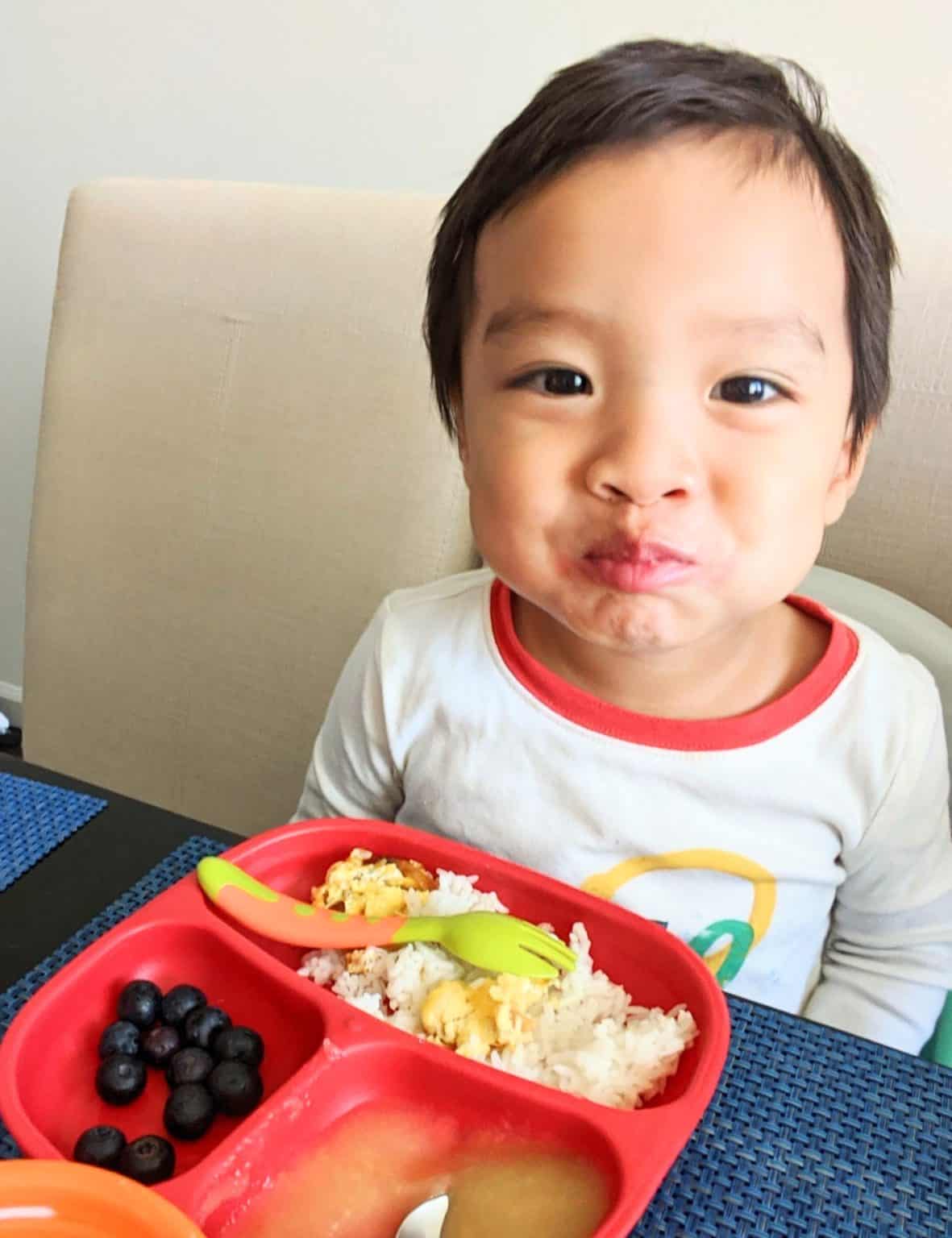
8 Tips For When Your Toddler Refuses To Eat
Ramen, a staple in many households, often becomes the go-to meal during times of illness. Its warm broth and easy-to-eat noodles offer a comforting embrace when our bodies feel under the weather. However, the question arises: Is ramen good when sick? This article delves into the components of ramen, its impact on health during sickness, and healthier alternatives to consider.

The Best Soups for Sickness from Our Taste Tests Sporked
In recent years, ramen has gained popularity as a go-to meal for those feeling sick. But is ramen actually good to eat when you're not feeling well? Let's take a closer look at the pros and cons. Ramen is a type of Japanese noodle soup that typically consists of wheat noodles, broth, and toppings such as sliced pork, green onions, and seaweed.

Dimples & Delights Simple Homemade Chicken Ramen
Ramen has a unique way of satisfying the soul, starting with the first scoop from that piping-hot bowl of seemingly endless noodles. A traditional Japanese diet — high in vegetables, fruits, unprocessed grains, fish, and seafood, and which contains modest amounts of lean meats and dairy—is healthy because traditional diets also tend to be void of processed and refined foods and sugars.
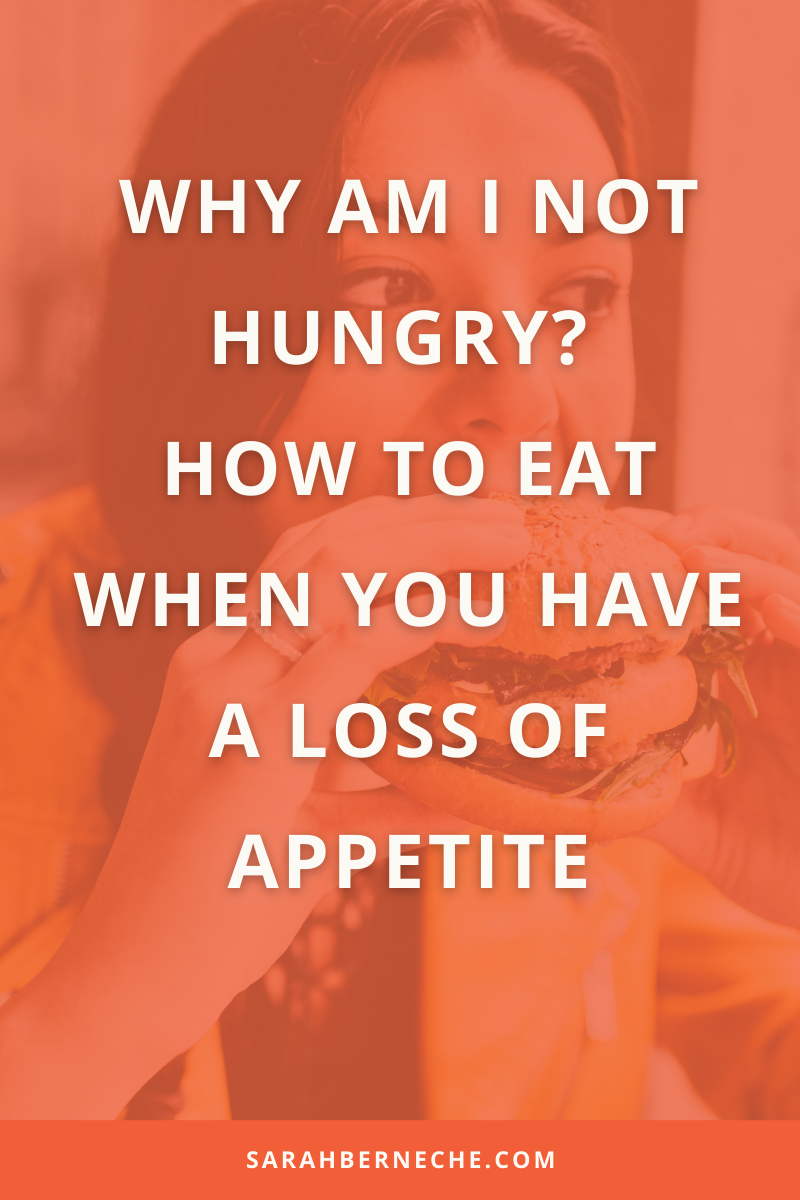
Why Am I Not Hungry? How to Eat When You Have a Loss of Appetite
Yes, you can eat ramen when you have a cold. The warm broth can help soothe your throat and the noodles can provide some much-needed energy. However, be mindful of the sodium content and opt for a healthier homemade version if possible. Rate this post.

Healthy on Instagram “The best and worst foods to eat when you’re sick
Grandma's hot toddy with a preheated mug, a splash of hot water, dollop of honey, juice of a lemon, some ginger, and a good shot (or two) of bourbon. Stir until well-mixed and fill with more boiling water. Sniff the steam until it is cool enough to drink. Sip it all and go to bed.

Whole30 Easy Ramen The Defined Dish Recipes
Enjoying ramen while on a diet is possible with mindful choices and adjustments. While traditional ramen dishes can be higher in sodium and unhealthy fats, making modifications can transform ramen into a diet-friendly option. Opting for lighter broths, incorporating nutrient-rich vegetables and lean proteins, and practicing portion control are.
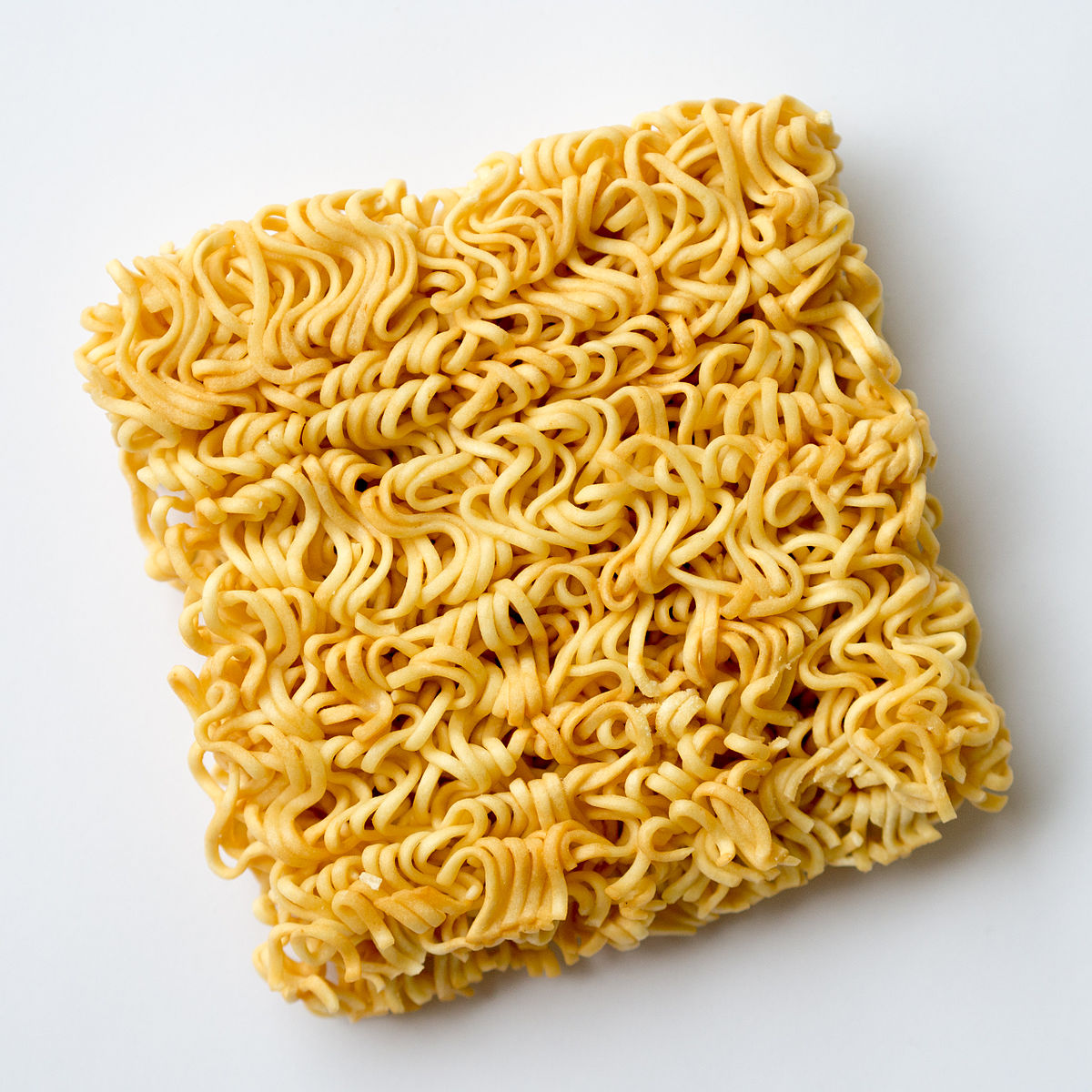
What Happens If You Eat Raw Ramen Noodles? Best Electric Skillet Guide
When selecting ramen for sick days, it's essential to choose ingredients that are gentle on the stomach and provide nourishment. Opt for a clear, light broth that's low in sodium to avoid aggravating any stomach issues. Soft, easy-to-chew noodles are also a good choice, as they won't put any extra strain on your digestive system.
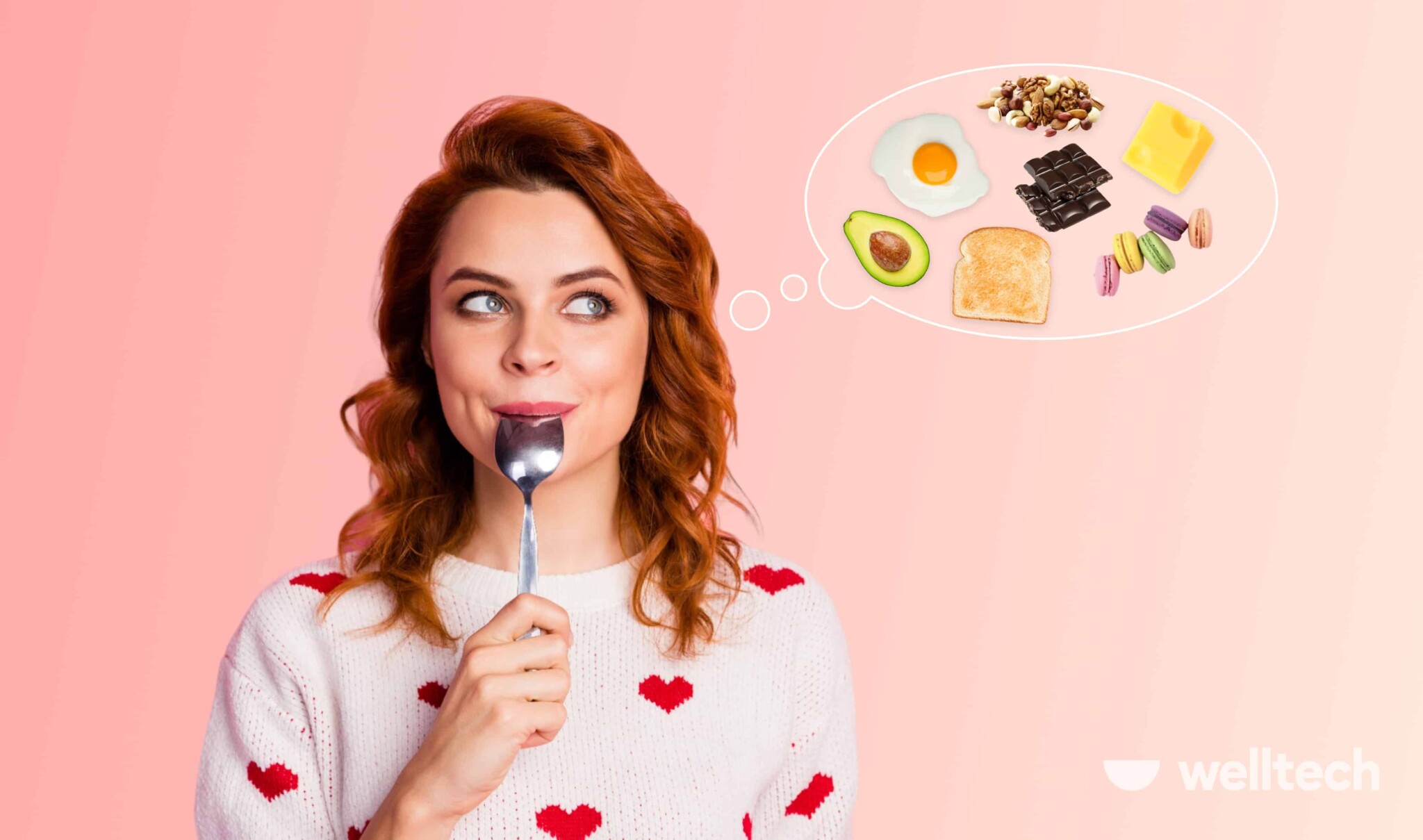
Not Hungry But Want to Eat? Here Is How To Stop It Welltech
9. Scale back on the dairy. Dairy can make phlegm thicker. When you are losing the battle with a cold or the flu, Full recommends scaling back on dairy products (except plain yogurt) as milk, ice.
Ultimate Ramen Guide Best Ramen in Tokyo byFood
Ramen noodles are not inherently healthy or unhealthy, but they provide limited nutritional value on their own. They contain carbohydrates, fats, protein and some micronutrients like B vitamins and iron. " Objectively speaking, instant ramen noodles may not be the most nutritious option out there.

eating raw ramen noodles (nasty) YouTube
Instant ramen noodles are very high in sodium, with one package containing 1,760 mg of sodium, or 88% of the 2-gram recommendation suggested by the WHO. Consuming just one package of ramen noodles.

What Can You Add To Ramen Maybe you would like to learn more about
Noodling over ramen is more than a bad fast-food habit — it's a potential health hazard. Cheap, quick and easy to make, ramen noodles have been a go-to snack, lunch or dinner ever since Momofuku Ando invented them in 1958. But fast doesn't mean better — in fact, studies have uncovered several health risks associated with the instant noodles. 1.

Pikantní Ramen Nudle Mark's Trackside
Nutritional value: High in calories and sodium. Safety: Cooked ramen noodles are safer to eat compared to raw, uncooked ones. Taste: Raw instant ramen has intense flavor from seasonings, while fresh ramen is often bland. Versatility: Raw ramen can be used as a salad topping or enjoyed as a snack.

The Complete Guide to Eating Ramen and Where to Get the Best in the
Additionally, even when it's difficult to stomach much else, these foods are simple and calming to eat due to their neutral flavor and aroma. Is ramen good when sick? Any hot, spicy broth If you're sick of chicken noodle soup, don't worry; try pho or ramen, or any other hot, spicy broth-based soup.

Pin by Pregnant and Hungry on Foods to Eat When You're Pregnant
Ramen provides an easy-to-digest source of carbohydrates and protein to replenish depleted energy levels. When you're sick, combine it with eggs, leftover chicken, or tofu to make ramen a more full meal. Stick to the basic flavors, as spicy variants may aggravate sore throats. Image credit: thecollegehousewife.com.

What to Eat, When to Eat and Why for Bone Health Well Beyond 40
Yes. When it comes to finding comfort during sickness, a steaming bowl of ramen can be a source of solace. The warmth and soothing qualities of the flavorful broth, with the tender noodles and assorted toppings, can provide a much-needed respite for both body and soul. "Contemporary ramen is totally different than what most Americans think.
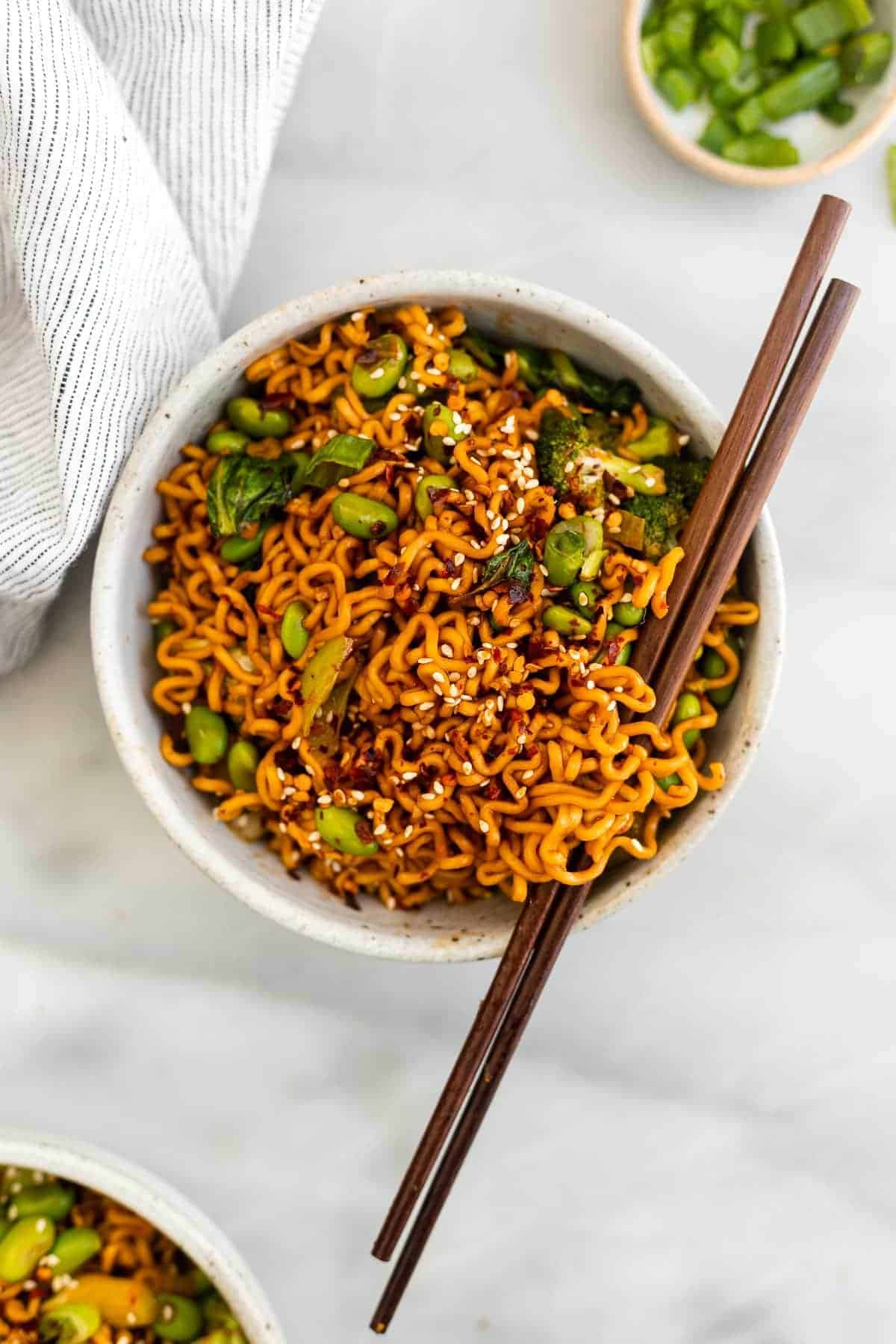
Ramen Noodle Stir Fry Eat With Clarity
Ramen noodles have been shown to increase metabolic syndrome in women. The ones who eat instant noodles over two times a week, are 68% more at risk to develop metabolic syndrome. This is.